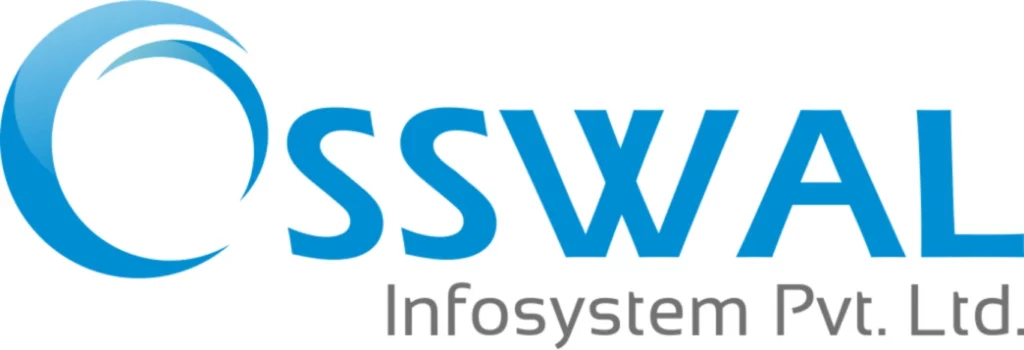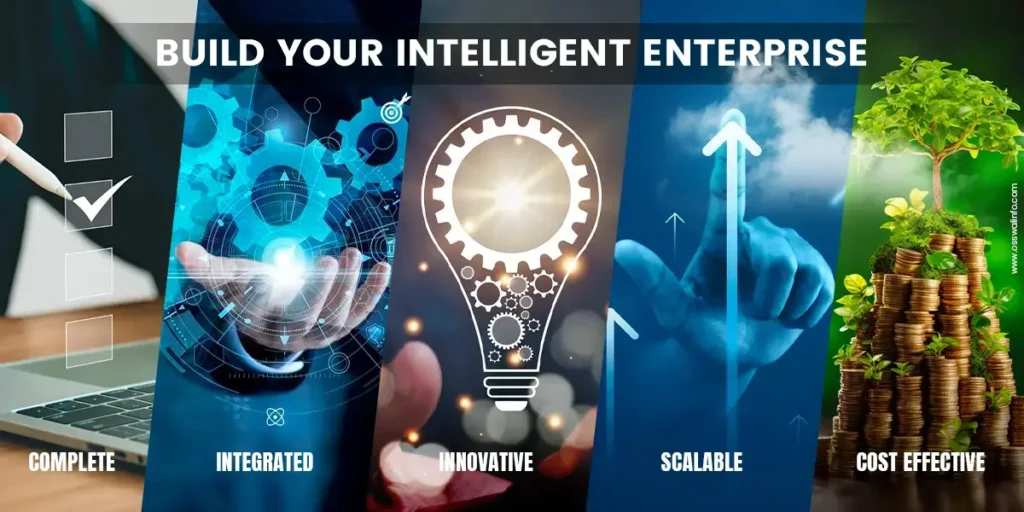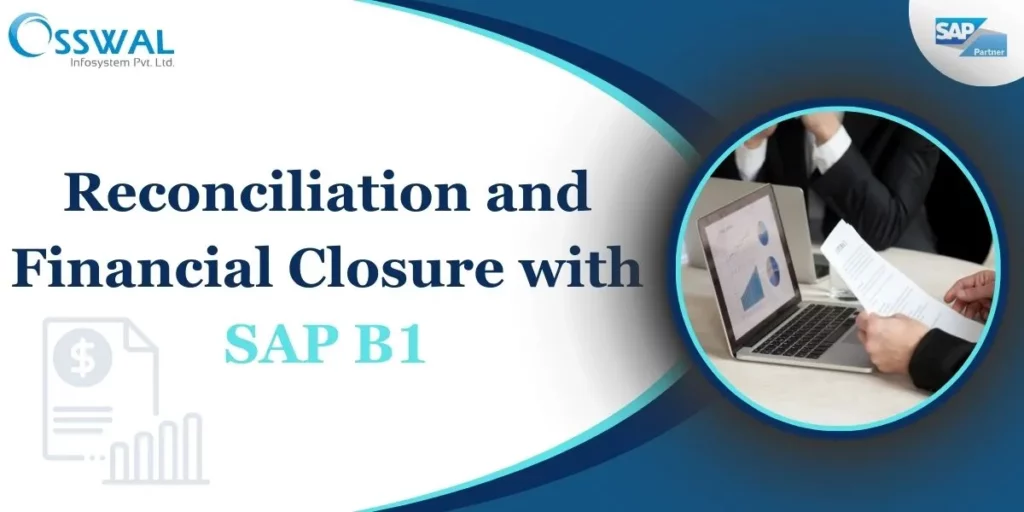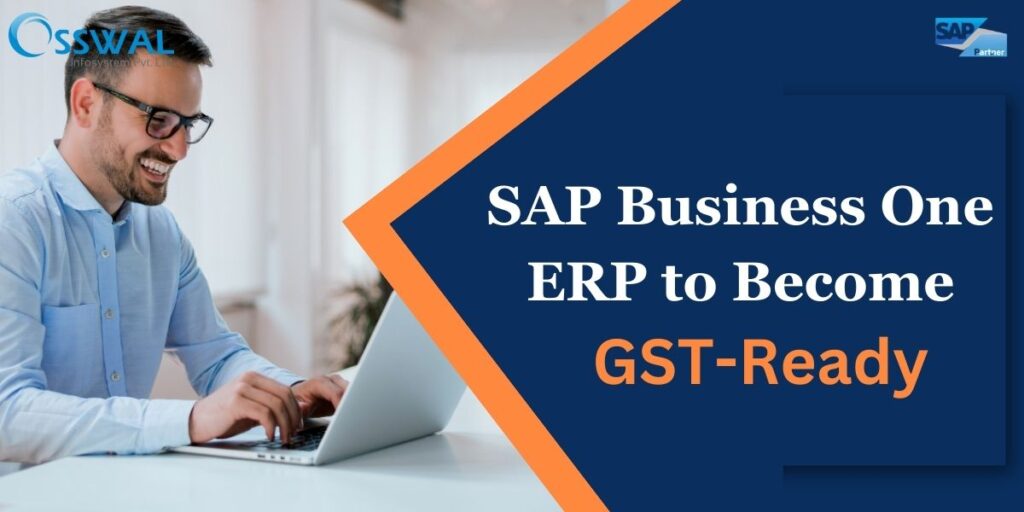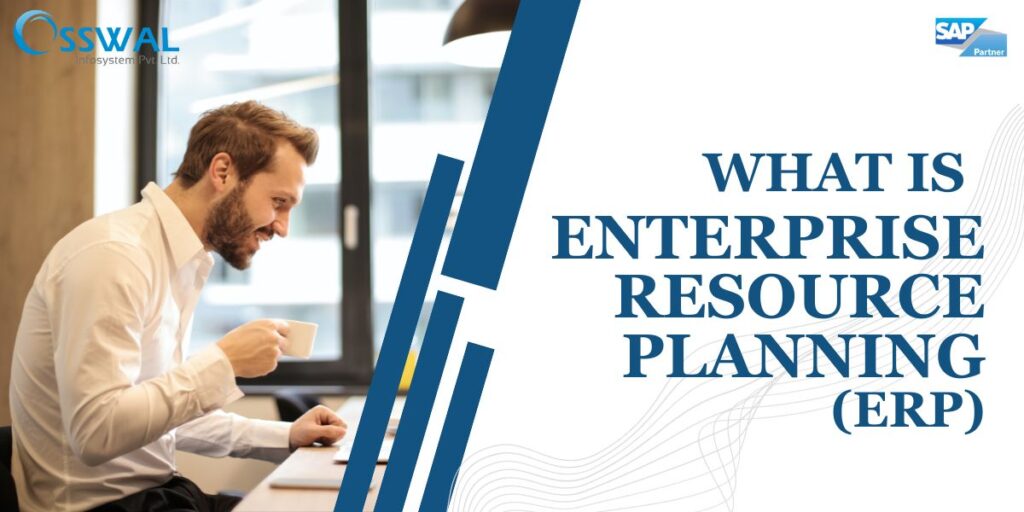In the current competitive environment, companies want to be able to run their operations smoothly. One of the ERP options with a reputation for being affordable, particularly for mid- and small-sized enterprises, is SAP Business One. Utilizing this SAP ERP solution has several common benefits, including managing customer interactions, sales, accounting, finance, and business analytics […]
SAP Business One for SMBs’ Reporting and Analytical Capabilities Read More »
